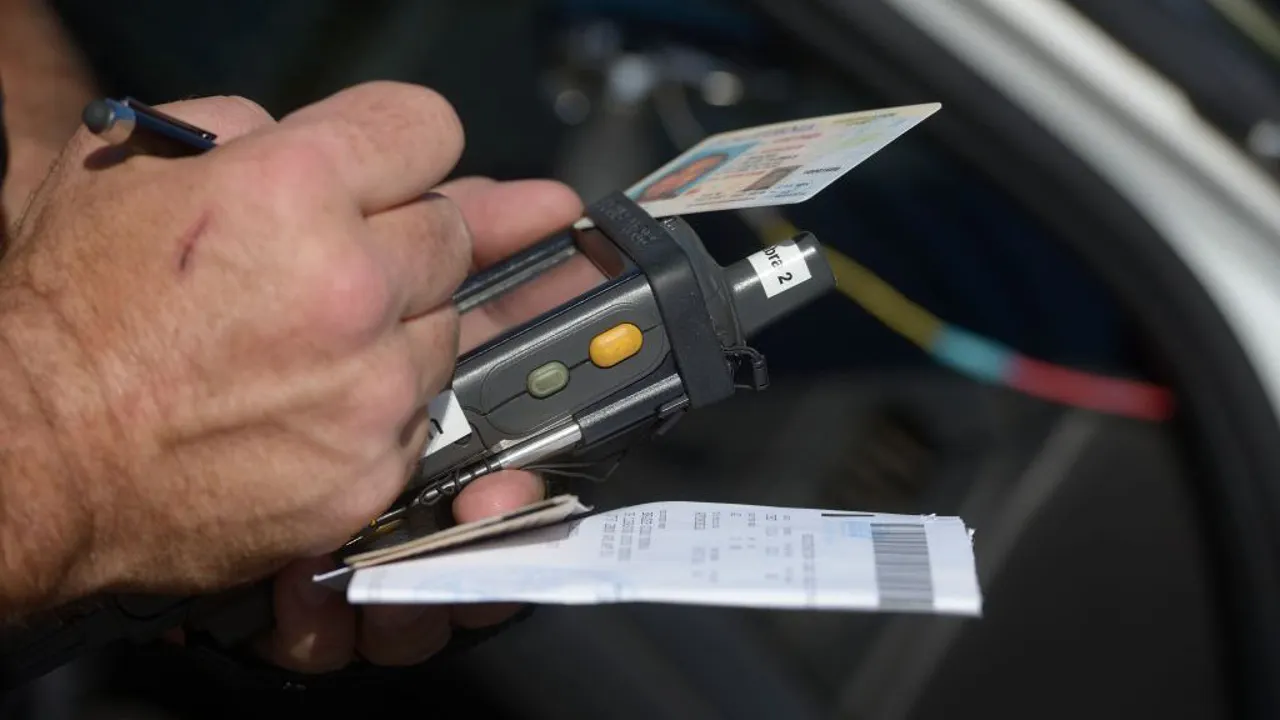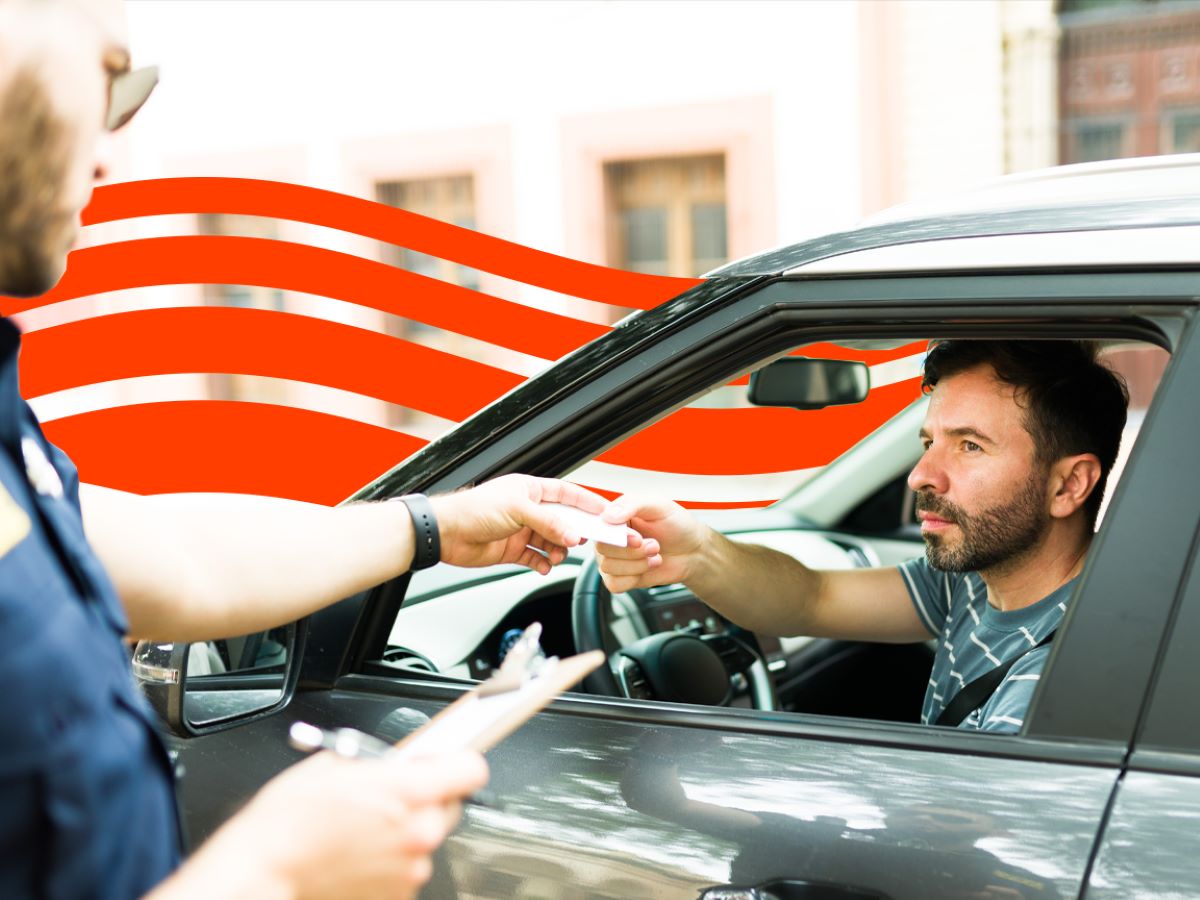To raise funds for everything from court computer systems to street maintenance, it has become a frequent practice for governmental bodies to raise the cost of speeding tickets and other traffic violations.
In addition to the fine, drivers are also facing higher insurance premiums and potential negative consequences for their driving privileges.
Proponents of increased traffic fines argue that higher penalties for traffic violations can help deter behaviors that put certain groups, like pedestrians and bicyclists, at greater risk.
On the other hand, critics claim that these higher fines are not necessarily related to public safety and that the main motivation behind raising the fines is to generate additional revenue for local governments.
“Many motorists may still be wondering if the proposed fines are more about revenue generation, than traffic safety,” said John B. Townsend II.
Also Read: Top 10 Car Essentials That You Should Keep in Your Vehicle
For instance, in Washington D.C., the Department of Transportation proposed the creation of eight new penalties and an increase in fines for twelve existing traffic offenses.
Under many of these proposals, ticket penalties would have doubled or even tripled. One of the new penalties would have introduced a $1,000 speeding ticket.

(Photo: Getty Images)
However, even the director of the Transportation Department admitted that there is no academic research showing a direct correlation between higher fines and fewer traffic accidents.
“In the end, the District will likely collect record revenues from traffic fines and fees driven by the implementation of the Vision Zero Action Plan.
When the city takes in nearly $200 million in one year in traffic fines, that suspicion will continue to exist,” Townsend stated. Ultimately, the District scrapped the proposed higher fines and instead settled for a “modest” $500 fine.
Meanwhile, in the state of Washington, citizens are also facing a rise in traffic fines.
The last increase in traffic ticket fines occurred in 2015, when three justices of the Washington Supreme Court dissented from the court order that raised traffic ticket penalties from Seattle to Spokane.
While drivers cannot control the increase in car tab fees, sales taxes, and property taxes that are intended to fund light rail expansion from Everett to Tacoma, they can still take control over their insurance and traffic fine costs.
By contesting their traffic tickets, drivers can prevent the additional costs that come with higher insurance premiums.
Fighting these tickets helps ensure that a clean driving record is maintained, which can protect their insurance rates, employment, and driving privileges.

